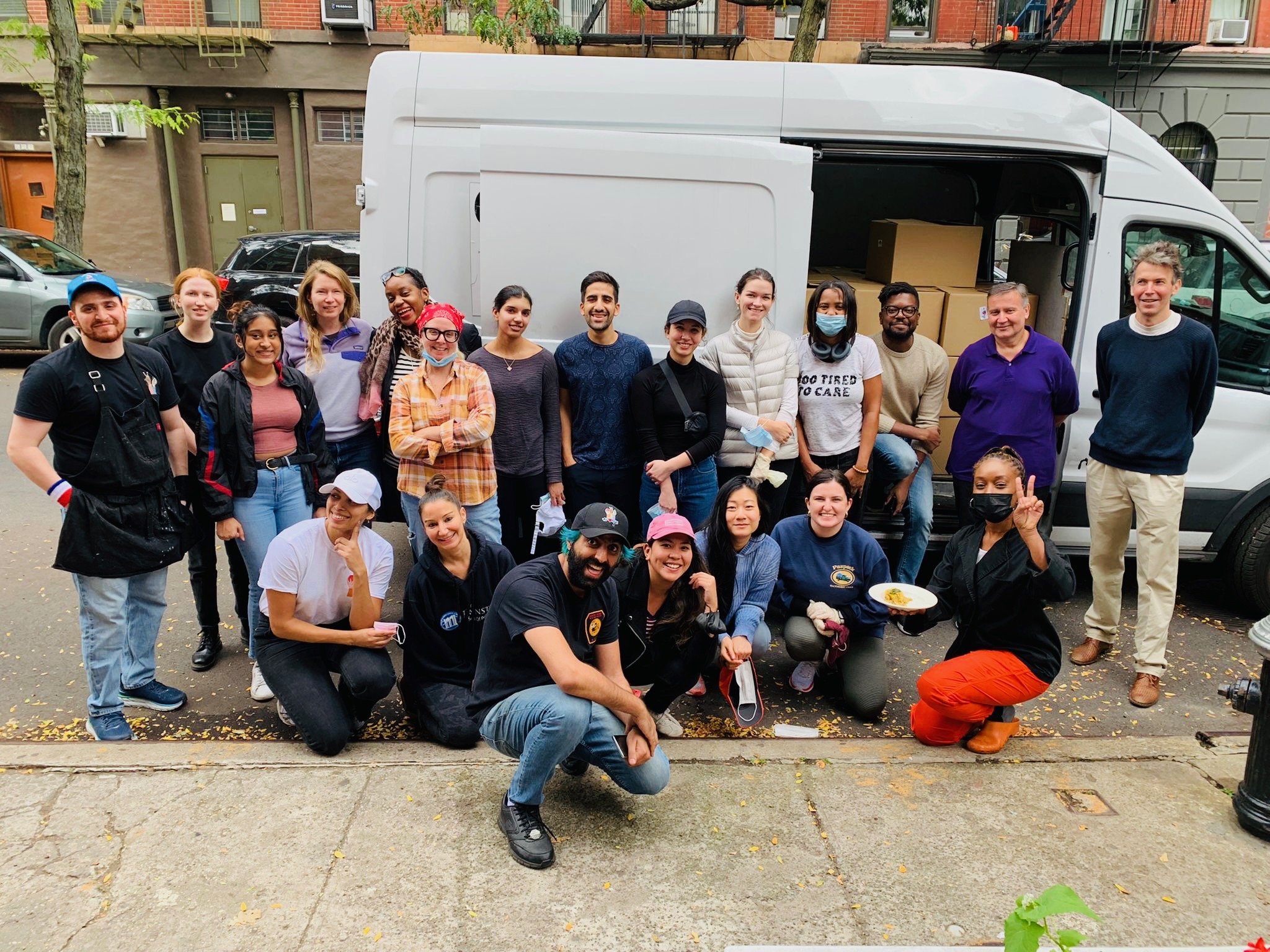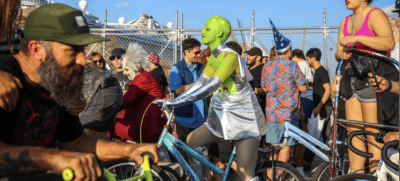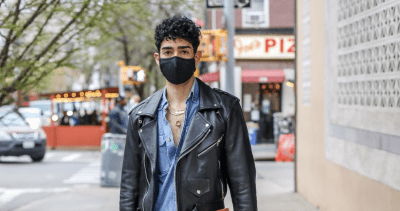Thanksgiving in October: EV Loves sends 10,000 meals to the food insecure
How this nonprofit leaned into indigenous cuisine and a cooperative model to supply 40 organizations across the city with meals
Last weekend, nonprofit EV Loves NYC attempted what they are billing the largest food distribution effort in city history. Their Thanksgiving Cookathon supplied 40 organizations across the five boroughs with a whopping 10,000 hot meals.
Founders Mammad Mahmoodi and Sasha Allenby started EV Loves in the early days of lockdown, when the need for food was skyrocketing and hot meals were a rarity. In the beginning, the pair cooked up meals after hours at C&B Cafe in the East Village. They have since made a home out of the kitchen at Sixth Street Community Center, and spend each week cooking upwards of 3,000 meals for a network of mutual aid groups in every borough.
Although EV Loves is East Village-based, the majority of their Thanksgiving meals went to Brooklyn organizations.
“Brooklyn by nature is a borough with heavy economic inequality,” says Mahmoodi. “It has some neighborhoods with the highest income and some of the least affluent neighborhoods in the city as well. That inequality has been amplified by Covid. So a big chunk of our food production goes out to Brooklyn.”
Organizations typically focus on holidays, and the days leading up to Thanksgiving are often the worst period for food insecurity. With their early Thanksgiving, Mahmoodi and Allenby hoped to fill this gap. The Cookathon, like all the events that EV Loves produces, ensured that people had access to restaurant caliber meals.
“When it comes to the actual food, we are obsessed with the quality of it,” says Allenby. “Just because people are low income doesn’t mean that they should get bad food. That is the priority for us.”
Naomi “Sachi” Lawrence, a Brooklyn based chef and integral member of EV Loves, helped design a Thanksgiving menu that honored Native American cuisine. She was particularly inspired by recipes from Sean Sherman, a prominent indigenous chef and member of the Ogalala Lakota Sioux tribe. Her menu incorporated Native New York flora, and featured chuck roast stew, hominy and juniper, wild rice, masa polenta, vegan mushroom gravy, blue corn stuffing, and chokeberry compote.
Mahmoodi, Allenby, and Lawrence have full time jobs outside of the kitchen. The team of chefs, branding directors, and bookkeepers that keep EV Loves afloat are all volunteers. In fact, the only people getting paid are an intern and a small cleaning staff. The organization has grown (240 volunteers showed up for Thanksgiving) but maintained a deeply communal atmosphere.
“Along with serving people food, we’ve always tried to create an inviting and inclusive environment for our volunteers. We understand that these are very difficult times for everyone,” says Allenby. “We tried to make the kitchen into a place where people feel met and loved–whatever their status, wherever they’re coming from.”
Lawrence started organizing with EV Loves after leaving a high stress position in the restaurant industry—an understaffed field where employees are notoriously overworked. At EV Loves, Lawrence has been able to funnel her culinary knowledge into projects that feed thousands of people.
“I am finally doing what I love when it comes to food, but in a volunteer context,” says Lawrence. “It’s empowering work. I feel like it’s a battery that won’t die.”
A non-capitalist model
EV Loves, although registered as a nonprofit, does not receive government funding. They are sustained by crowdfunded donations, and the majority of funds go to the food itself.
“A lot of nonprofits in the city run like businesses with a nonprofit stamp on them,” says Mahmoodi. “They are coming from a capitalistic model of running a society. You cannot solve these issues with the same model that has created them. A lot of these organizations focus on creating endowments and large reserves for themselves. Make themselves bigger and better—language that is used in the for profit field.”
In an effort to move beyond this model, the entire EV Loves board is made up of volunteers who are directly involved in the project.
“Fortunately, we are very efficient and financially savvy,” says Mahmoodi. “We can envision helping smaller mutual aid groups. We want to take them under our wing and help them to work in a more systematic way.”
EV Loves plans to establish a central location in Brooklyn by 2022, where they will be able to directly supply the borough with hot food.
“In the future, these Brooklyn organizations won’t need to pass bridges and tunnels to get the food moving,” says Mahmoodi.

The EV Loves team (courtesy EV Loves NYC)
You might also like 


























